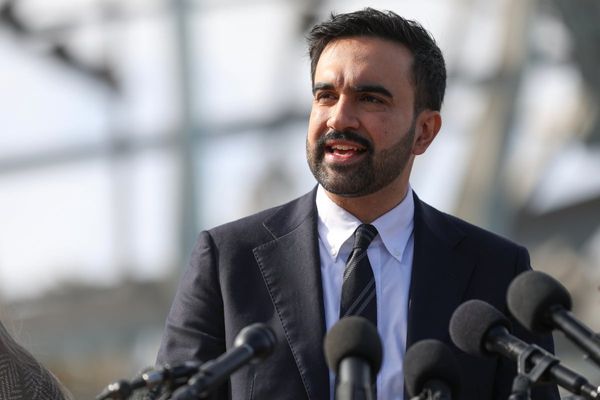
Queensland’s corruption watchdog has “largely abandoned all responsibility” when it comes to investigating complaints against police, while politicians are “afraid” of introducing a superior system of independent oversight, a commission of inquiry has heard.
Tim Prenzler, a professor at the University of the Sunshine Coast’s school of law, gave expert evidence about his research on police complaints processes in Queensland and internationally. He told an inquiry into Queensland police responses to domestic violence it was almost impossible to get a complete picture of the complaints against police received by the state’s Crime and Corruption Commission.
“It’s hard to tell because the information is opaque,” Prenzler said on Tuesday.
“It seems the CCC has largely abandoned all responsibility for complaints against police and police integrity.”
The inquiry heard on Monday that the CCC investigates less than 1% of complaints about police, routinely referring matters of misconduct and corruption back to the QPS for review. While the CCC does publish a dashboard of complaints received about police, it does not contain information on the outcomes of those complaints.
Due to a lack of independent scrutiny, Prenzler said Queensland’s police complaints system largely resembles an internal affairs model where the vast majority of complaints are dealt with by police.
The inquiry heard on Monday that 70% of domestic and family violence and other complaints about QPS members since 2017 had resulted in no further action by the ethical standards command.
After undertaking a review of 27 international police complaint models, Prenzler found the internal affairs model created a culture of impunity among police and resulted in a tendency to “cover up” complaints to protect colleagues.
He said various surveys had also shown that under this model, people were “dissuaded from making complaints” or felt they hadn’t received justice as matters weren’t investigated properly.
Prenzler said he believed state politicians were reluctant to support a shift towards a civilian control model as they were “afraid” of upsetting police.
Under the civilian control model, an agency is completely separate to the police, with scope to employ a minority of former officers.
“State politicians just haven’t grasped the issues,” Prenzler said.
He said there had been influence from a very powerful police lobby and politicians “have caved in”.
Prenzler said the Police Ombudsman Northern Ireland was the “gold standard” of the civilian control model as it provided an independent, impartial system for the handling of police complaints.
The ombudsman has the power to compel the head of police to conduct disciplinary proceedings, Prenzer said. It also has a high level of transparency, undertaking and publishing results from a wide range of surveys.
“The rates of satisfaction for the outcomes are much higher, close to 50%, and certainly they recognise that they have experienced a fair and independent process,” Prenzler said.
“And police satisfaction with the process is extremely high, up around 80 or 90%. So to some extent, they’re actually the main beneficiaries of the civilian control model in operation.”
Guardian Australia has contacted the QPS for a response. The CCC declined to comment.







